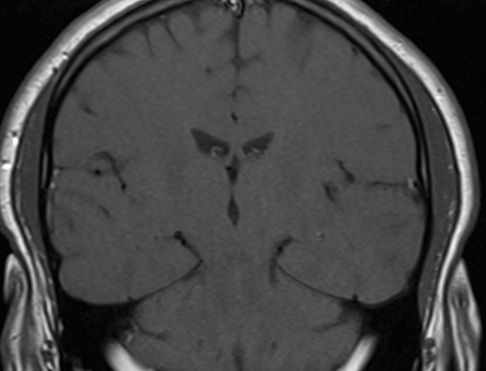Epilepsy Surgery Keeps Nearly Half of Patients Seizure-Free

Almost half of the patients who undergo surgery for epilepsy are free of seizures after 10 years, according to a new study published in the The Lancet journal.
Researchers at the University College London said that patients with focal epilepsy, a condition type that cannot be controlled with medication, should be referred sooner for surgery.
Currently, those patients become candidates for surgery only many years after doctors find that medications can't control seizures.
"Neurosurgical treatment of focal epilepsy that does not respond to medication can result in remission of seizures, with 82 percent of individuals having great benefit and [many] never having another seizure," said lead researcher Dr. John Duncan, according to the DoctorsLounge.
Researchers observed 615 adults over approximately 8 years, 63 percent were free of seizures two years after surgery, 52 percent after five years and 47 percent after 10 years.
The main type of surgery applied to patients in the study was temporal lobe surgery, a procedure in which brain tissue behind the forehead is cut away, to remove the seizure focus.
About one third of people with epilepsy can be eligible for surgery because medications can't stop seizures.
Risks of temporal lobe surgery
Among the risks of a temporal lobe surgery are those related with surgery, including infection, bleeding, and allergic reaction to anesthesia. Other risks include failure to relieve seizures ,changes in personality or mental abilities and pain.
Published by Medicaldaily.com



























